
What Is CBG Oil?
If you’re looking for a comprehensive, natural solution to tackle inflammation and its debilitating effects, you’re in the right place. Welcome to the new era
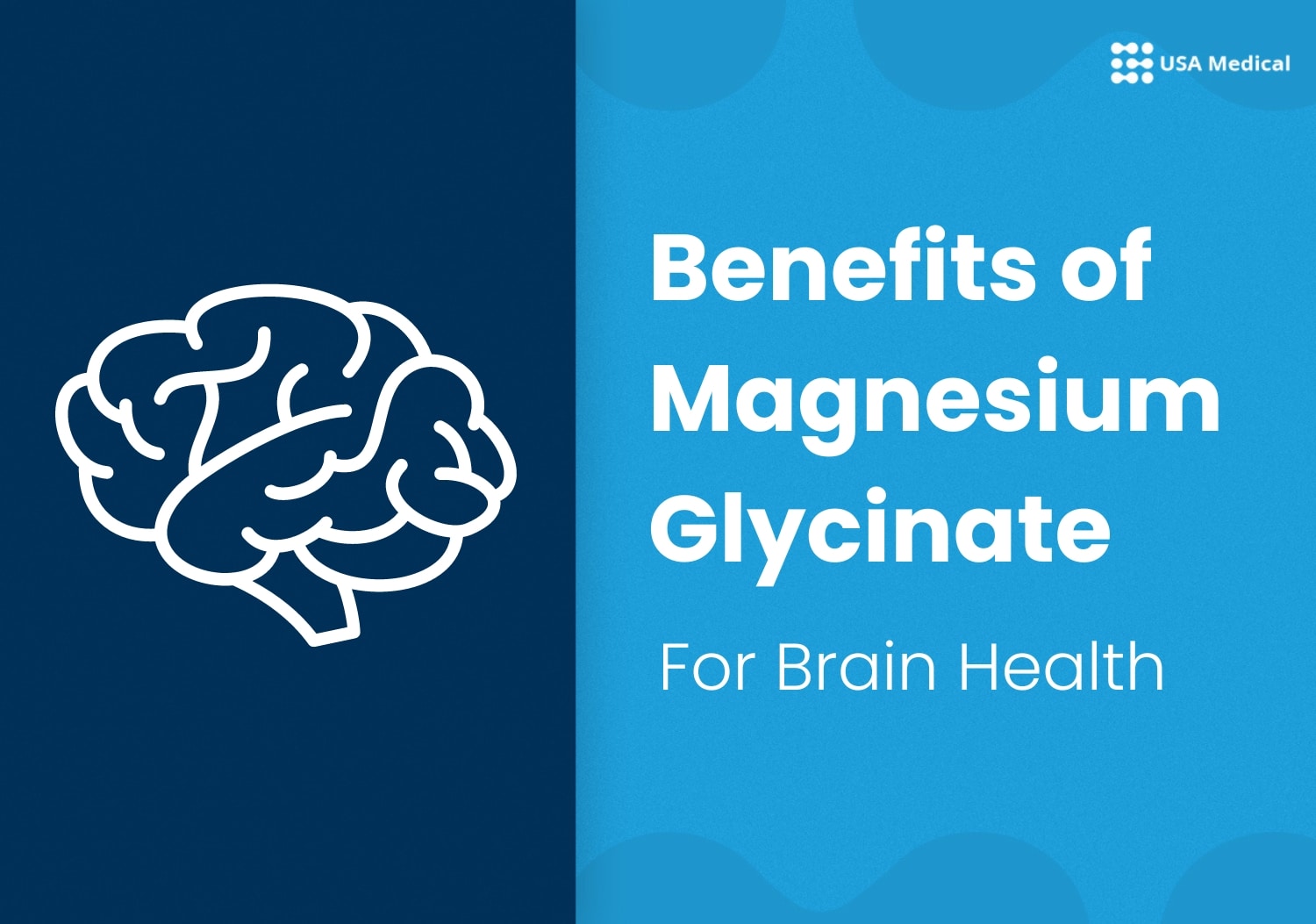
Magnesium glycinate is a form of the essential mineral magnesium that is bound to glycine, an amino acid. It is known for its high bioavailability, meaning that it is easily absorbed by the body, making it a popular choice for people looking to supplement their magnesium intake as magnesium glycinate for brain health has shown a lot of promise.
One of the potential benefits of magnesium glycinate for brain health is its ability to improve cognitive function. Magnesium plays a crucial role in brain function by regulating the activity of neurotransmitters, which are chemical messengers that transmit information between brain cells. It has been shown to improve memory, learning, and attention in animal and human studies.
In one study, healthy older adults were given a daily dose of magnesium glycinate for 12 weeks. The results showed that the supplement significantly improved verbal learning and memory compared to a placebo. Another study found that magnesium glycinate improved attention and working memory in healthy young adults.
Magnesium glycinate may also have a positive effect on mood and mental health. It has been shown to reduce symptoms of anxiety and depression and improve overall well-being. In a study of participants with depression, magnesium glycinate supplements were found to reduce symptoms compared to a placebo significantly.
In addition to its cognitive and mood-enhancing effects, magnesium glycinate may also have other potential benefits for brain health. It has been shown to reduce stroke risk and improve stroke survivors’ outcomes. It may also protect against age-related cognitive decline and the development of neurological disorders such as Alzheimer’s disease.
One possible mechanism by which magnesium glycinate may improve cognitive function is by regulating the activity of neurotransmitters such as glutamate and dopamine. Glutamate is a neurotransmitter involved in learning and memory, and too much glutamate in the brain has been linked to cognitive impairment and neurological disorders such as Alzheimer’s disease and Parkinson’s disease. Magnesium has been shown to regulate glutamate activity, reducing the risk of overstimulation and neurotoxicity.
Dopamine is another neurotransmitter that is important for brain function. It is involved in motivation, pleasure, and movement, and a dopamine deficiency has been linked to cognitive impairment and mental health disorders such as depression and Parkinson’s disease. Magnesium has been shown to increase dopamine synthesis and release, leading to improved mood and cognitive function.
Magnesium glycinate may also support brain health by reducing oxidative stress, which is an imbalance between the production of free radicals and the body’s ability to neutralize them. Free radicals are highly reactive molecules that can damage cells, including brain cells, leading to inflammation and the development of neurological disorders. Magnesium has been shown to have antioxidant effects, reducing the production of free radicals and protecting against oxidative stress.
In addition to its cognitive-enhancing and antioxidant effects, magnesium glycinate may also have anti-inflammatory effects that support brain health. Chronic inflammation has been linked to the development of neurological disorders such as Alzheimer’s disease and multiple sclerosis. Magnesium has been shown to have anti-inflammatory effects by modulating the production of inflammatory mediators and regulating immune cell function.
Magnesium glycinate may also support brain health by reducing the risk of stroke and improving outcomes in stroke survivors. Stroke is a leading cause of death and disability worldwide, and survivors often experience cognitive impairment and functional limitations. Magnesium has been shown to reduce stroke risk and improve stroke survivors’ outcomes by reducing inflammation, improving blood flow, and protecting against oxidative stress.
While getting sufficient magnesium through diet alone is possible, many people may not get enough of the mineral. Foods rich in magnesium include leafy greens, nuts, seeds, and whole grains. However, if you cannot meet your magnesium needs through diet alone or have a medical condition requiring an increased mineral intake, supplementation with magnesium glycinate may be an option.
It is important to speak with a healthcare provider before starting any supplement regimen, as magnesium can interact with certain medications and may cause side effects in some people. However, for most people, magnesium glycinate is a safe and effective way to increase magnesium intake and support brain health.
Magnesium glycinate is a form of magnesium that is easily absorbed by the body and has been shown to have a number of positive benefits for brain health. It may improve cognitive function, reduce symptoms of anxiety and depression, and protect against age-related cognitive decline and neurological disorders. In addition to its brain-supporting effects, magnesium glycinate may also have other potential health benefits, such as reducing muscle cramps and spasms, lowering blood pressure, and improving insulin sensitivity. While it is possible to get sufficient magnesium through diet, supplementation with magnesium glycinate may be an option for those unable to meet their needs alone or with a medical condition requiring an increased mineral intake. As with any supplement, it is important to speak with a healthcare provider before starting a magnesium glycinate regimen.
Works Cited
“Magnesium in the Central Nervous System” by S. J. Beuke, et al., Neuropsychobiology, vol. 74, no. 1, 2016, pp. 1-17. This review article discusses the role of magnesium in the central nervous system and its potential therapeutic implications for various neurological disorders, including depression, anxiety and migraines.
“Magnesium in depression” by K. M. Tarleton, Journal of Affective Disorders, vol. 142, no. 1, 2012, pp. 15-23. This review article summarizes the research on the relationship between magnesium levels and depression and the potential use of magnesium supplementation as a treatment.
“Magnesium in Migraine Prophylaxis” by C. J. Mulleners and E. J. Koppenol, Journal of Headache Pain, vol. 12, no. 8, 2011, pp. 711-715. This review article discusses the current understanding of the role of magnesium in migraines and the potential use of magnesium supplements for migraine prophylaxis.
“Magnesium and Its Role in Neurology” by G. Vink, et al., Biochimie, vol. 91, no. 10, 2009, pp. 1343-1356. This review article provides an overview of the role of magnesium in the nervous system and its potential therapeutic implications for various neurological disorders.
“Magnesium and neurodegeneration” by P. L. Roitman, European Journal of Pharmacology, vol. 868, 2019, pp. 172870. This review article discuses the recent studies that shows the magnesium actions in neurodegenerative disorders, including Alzheimer’s disease and Parkinson’s disease, showing it as a promising therapeutic approach.
These statements have not been evaluated by the Food and Drug Administration. These products/services are not intended to diagnose, treat, cure, or prevent any disease.

If you’re looking for a comprehensive, natural solution to tackle inflammation and its debilitating effects, you’re in the right place. Welcome to the new era

The Invisible Enemy Within You wake up feeling groggy, your joints ache, and that old neck pain seems to have returned. No, it’s not just

CBG oil has been creating waves in the health and wellness industry, and for good reasons. But with any health trend, it’s crucial to separate
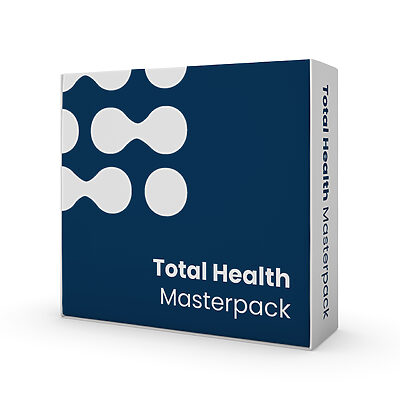
In stock | Free shipping

In stock | Free shipping

In stock | Free shipping

In stock | Free shipping

In stock | Free shipping

In stock | Free shipping
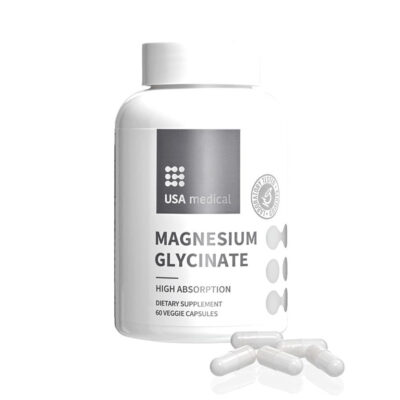
In stock | Free shipping

In stock | Free shipping

In stock | Free shipping
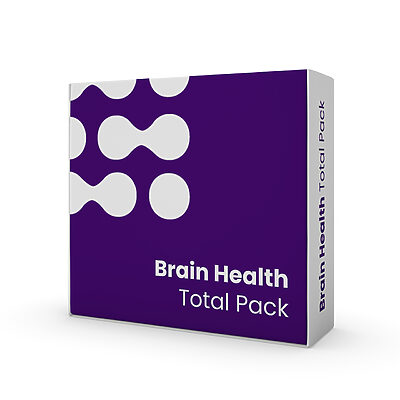
In stock | Free shipping

In stock | Free shipping

In stock | Free shipping

In stock | Free shipping
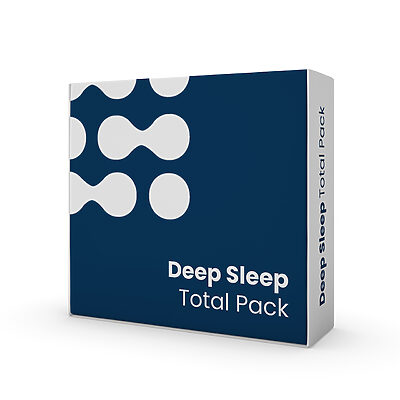
In stock | Free shipping

In stock | Free shipping